A story about eternity.1
Translated by Rudolph Glitz
When it comes to laying carpet, good preparation is everything. This is why, before the laying itself, a confrontation with the past is required. Or rather, a confrontation with the floor covering that is supposed to become the past and needs to be removed for the new carpet to take its place. A new carpet needs an entirely smooth surface, free from any previous covering.
This often poses considerable challenges. In most cases, the confrontation with the old becomes much more intense than initially expected. In more than a few cases, it turns into a battle with eternity. For that is what most floor covering has been installed for: eternity.
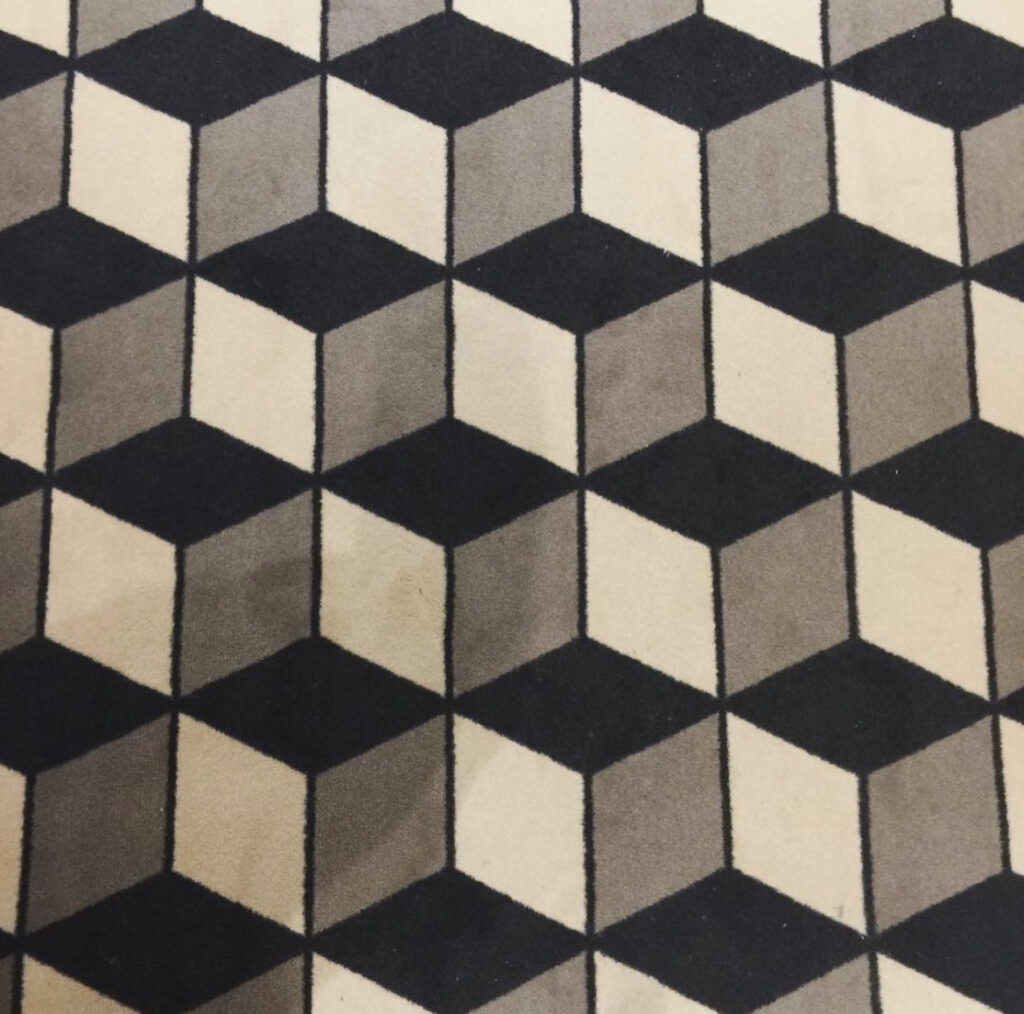
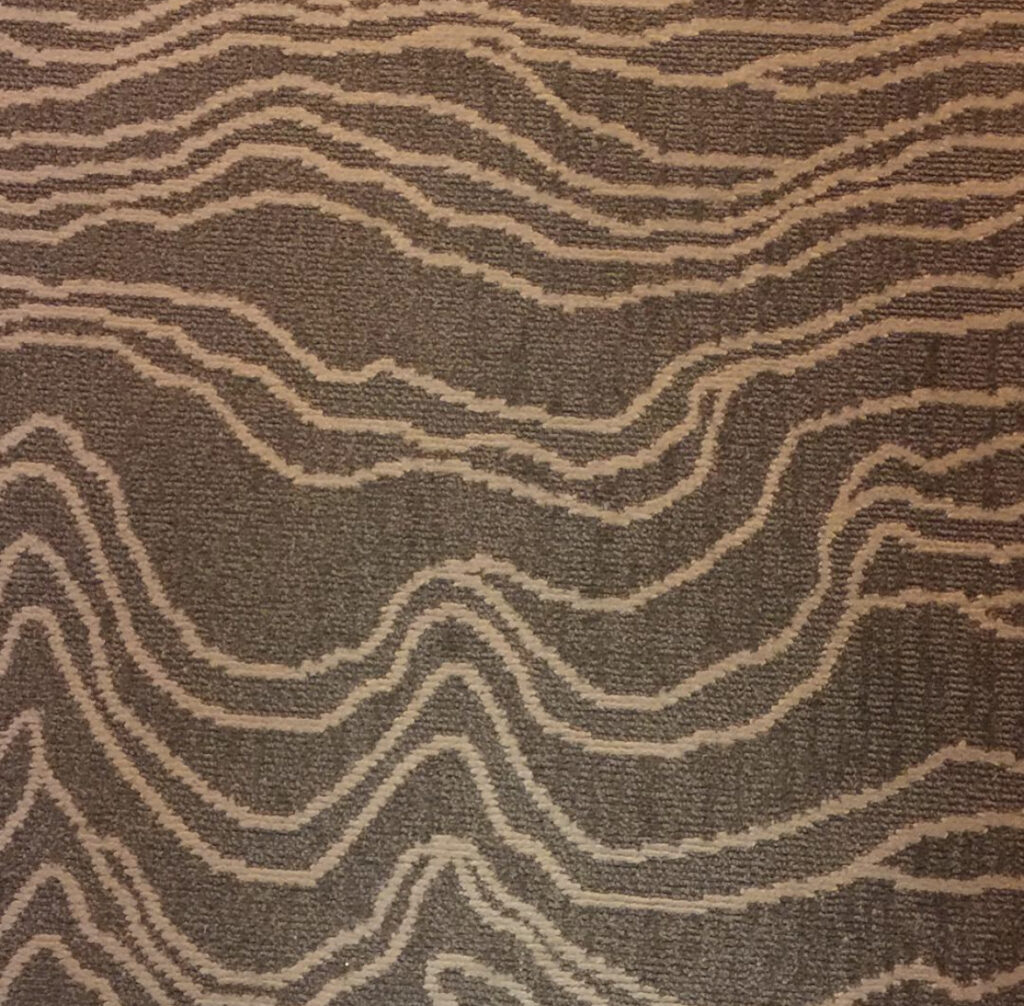
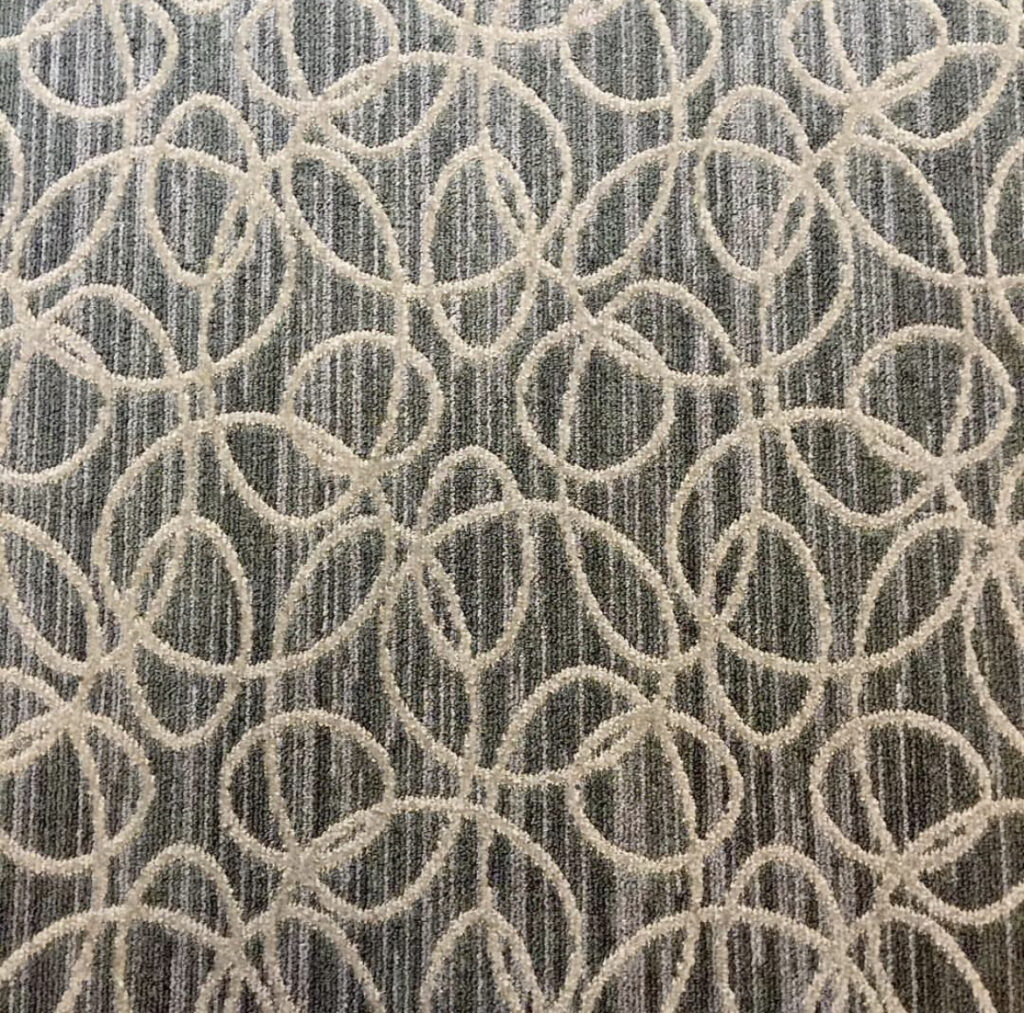
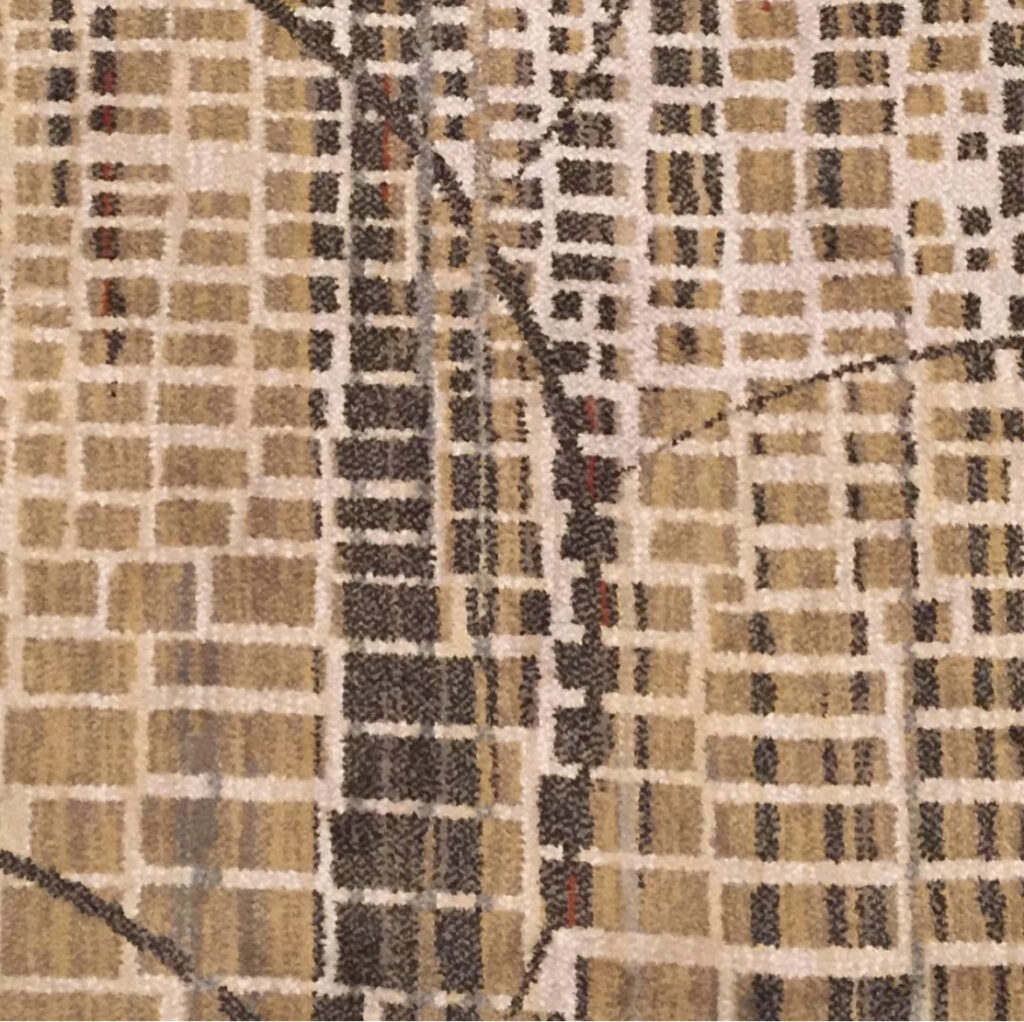
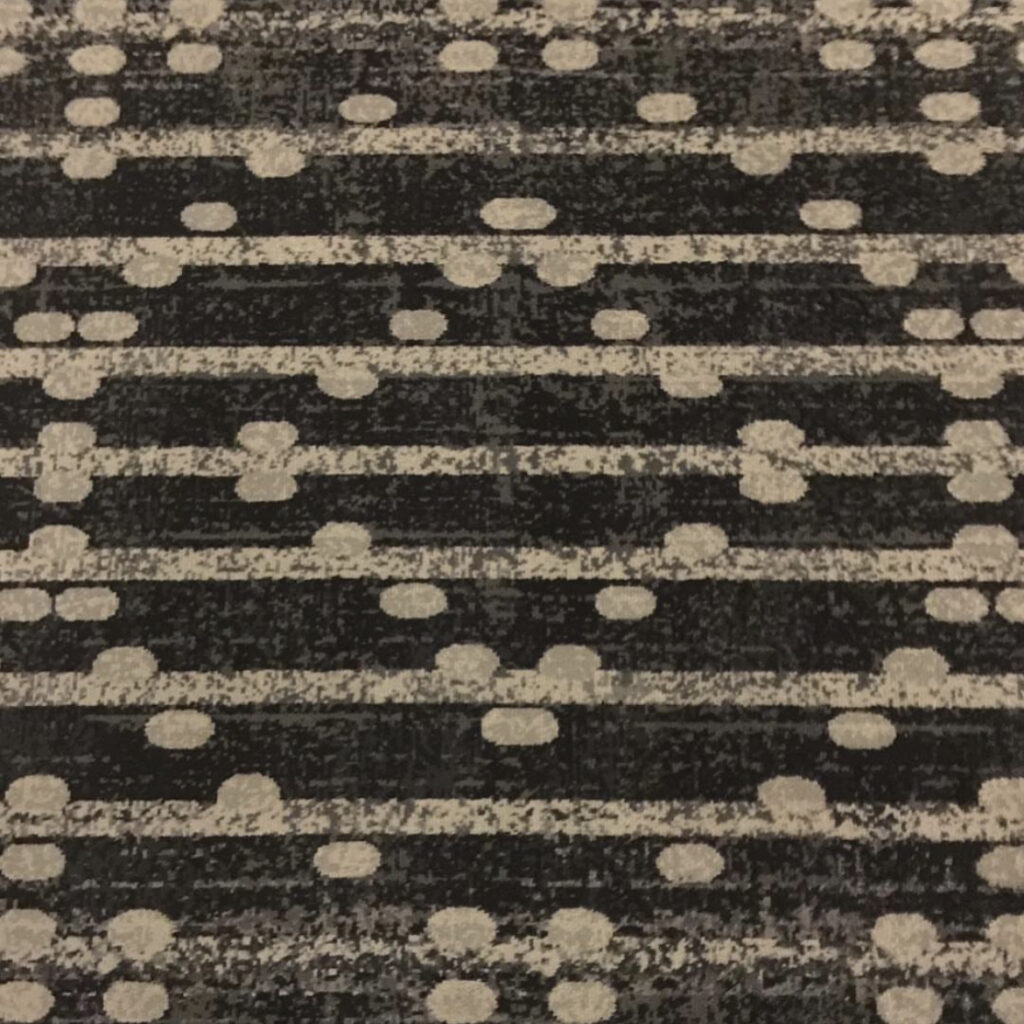
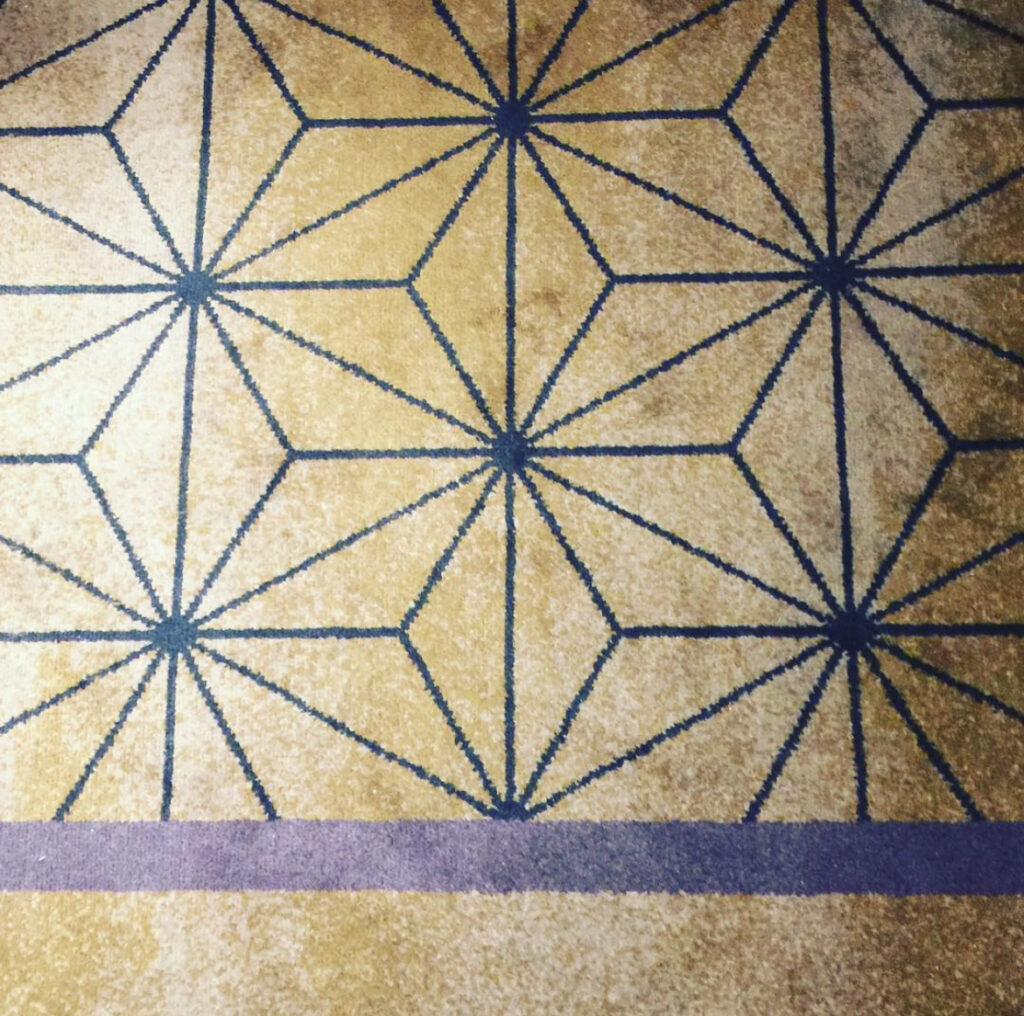
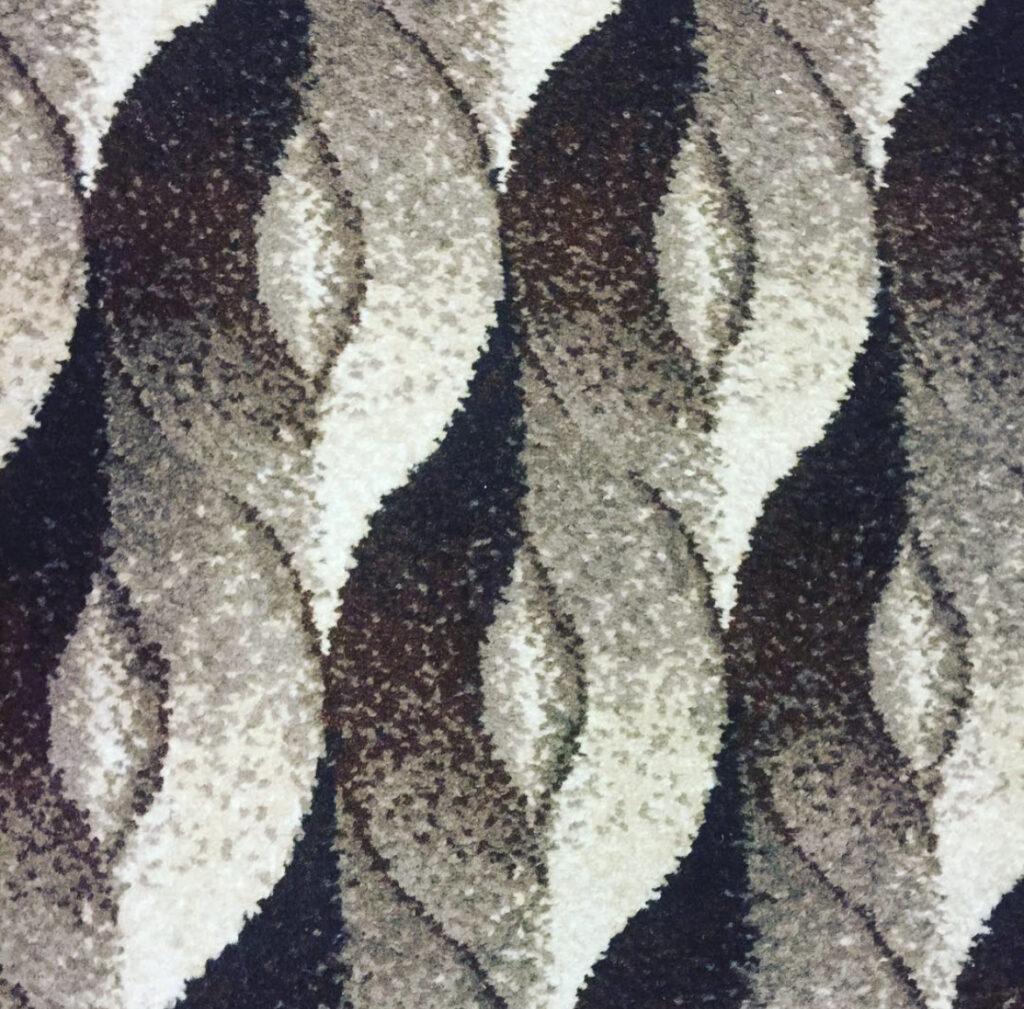
In my childhood, I was often present when my father laid carpet. I know only too well the many challenges to be faced in the preparation process. Strictly speaking, my father was a carpet salesman and had nothing to do with installing it. But he would always help out his friends, who, thanks to him, had just bought their carpets at highly reduced rates. And the friends of his friends. And the friends of their friends.
Most of them did not believe they needed any help and wanted to do all the preparation work themselves. No problem, they thought. It can’t be worse than scraping off wallpaper. They had no inkling of what lay in wait — especially when old carpet was involved.
Want to keep reading this article? Sign up for our newsletter…
…and get full digital access for one day. Or subscribe to the European Review of Books, from as low as €4,16 per month.
Already a subscriber? Sign in
- This is an excerpt from Marc Lunghuss’ debut novel, forthcoming in October 2024 with Bärmeier und Nikel. Am Boden is translatable as « on the floor » or « on the ground », but also as « downcast », « devastated », or « at rock bottom ». ↩︎